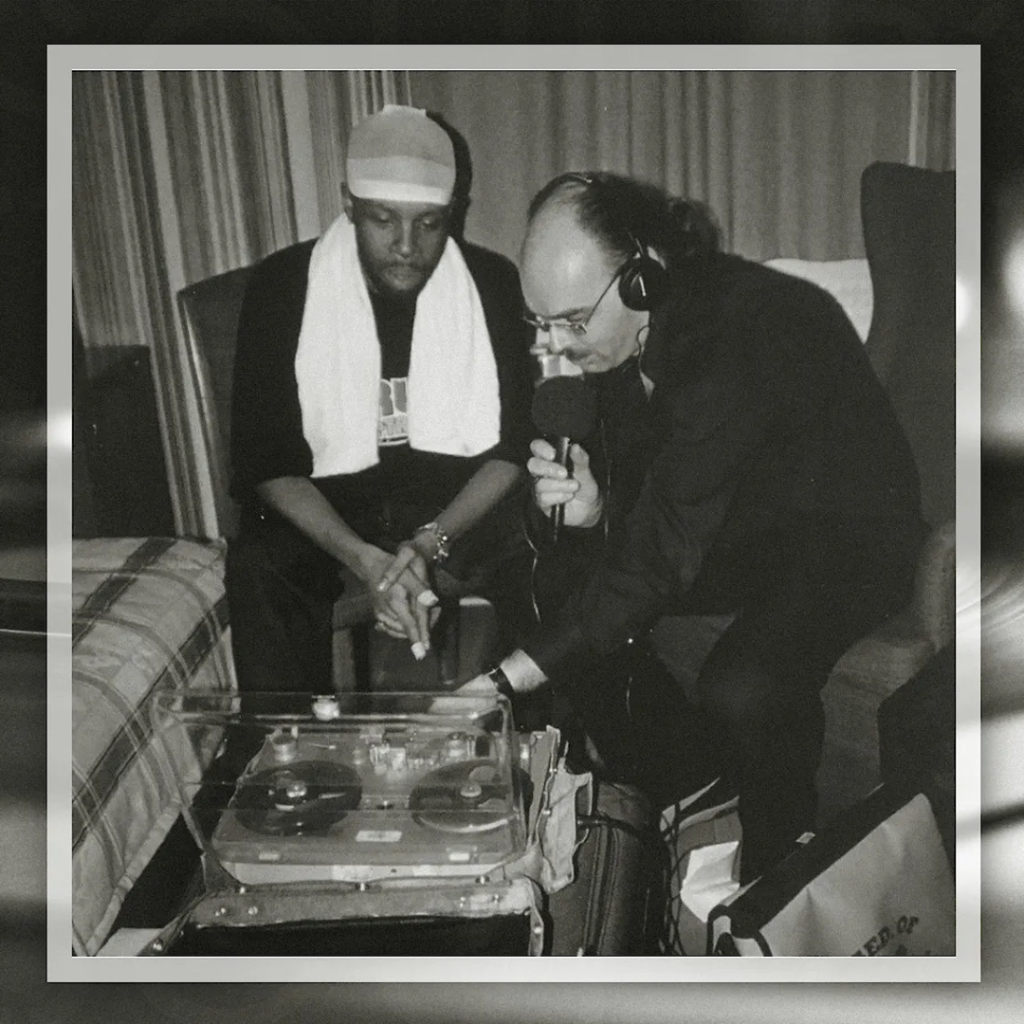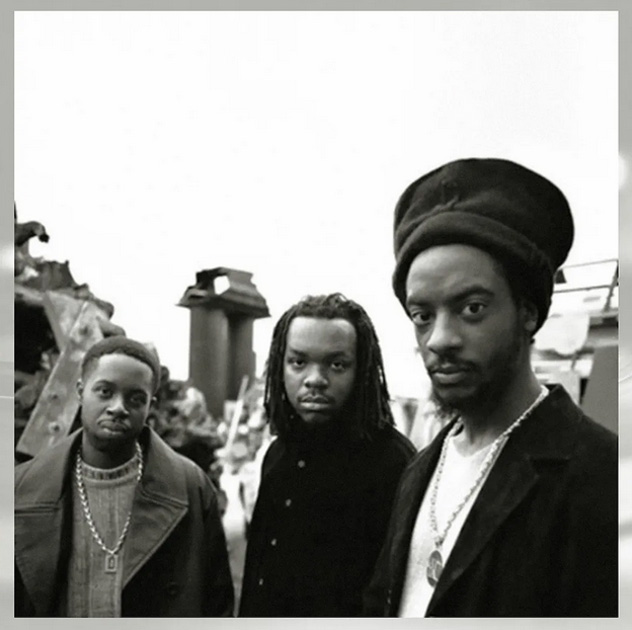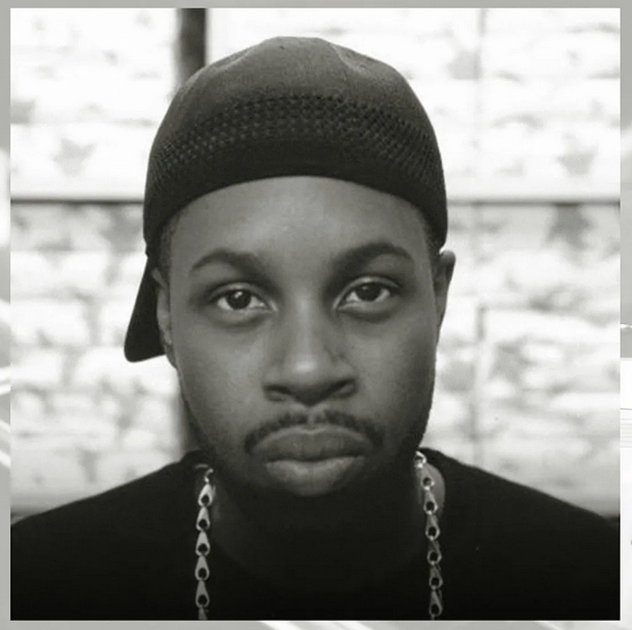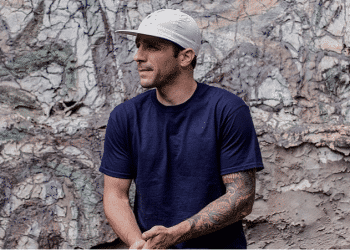
James Dewitt Yancy did something remarkable with time and rhythm. Not only did he change the interaction between drums and bass, he also regulated the natural laws of music by introducing a radical shift in how we perceive time-space and swing. His rhythms lived their own lives, with beautiful disorientation as they skipped and slipped ahead and behind the beat.
Part one covers how the Detroit native’s unique way of listening and discovering patterns in the unpredictable was formed, how his flawed protagonist became a spiritual machine, and how he could pick apart and rebuild music as he saw fit.
“Broken beats” is followed by four more Dilla segments: “The Great Escape“, “It’s Right If It Goes Wrong“, “Delirium” and “Norwegian Wood“.
The fame initially came to Jay Dee and his beats. While T3 and Baatin’s showers of distinctive freestyle flow over rhythms with their own will were not initially noticed to the same extent. Jay Dee’s successes as a producer (Pharcyde, Tribe, Busta, etc.) soon caused tensions within Slum Village, while the influential masterpiece lay ahead of the group.
In Part. II you will also hear interviews with, among others, T3, Baatin, Wajeed, James Brown, Illa J, Frank n Dank, Que D, Pete Rock, Busta Rhymes, Jimmy Jam, and Q-Tip

It was a form of water torture for Dilla as he repeatedly saw that the information on the records didn’t give him any recognition. The injustices that once affected his father echoed in his mind. But nothing could take away from Dilla the significant influence he had on music. How the patterns in rhythms, deliberately laid offbeat, set the standard for a new type of hip-hop track. The way in which the history of soul and funk was transported through the machine back to the human also became a foundation for the so-called neosoul movement and an inspiration for D’Angelo as he crafted “Voodoo.”
Part. III also includes encounters with, among others, T3, Erykah Badu, Tony Allen, Bernard Purdie, De La Soul, D’Angelo, Amp Fiddler, Robert Glasper, Frank Bush, Black Milk, Baatin, Wajeed, and Que. D.

Welcome 2 Detroit, Jay Dee transformed into J Dilla. He shifted away from a broken and idiosyncratic jazz-soul fusion towards a tougher, sample-free, and more technological style. In the track “Big Booty Express,” Dilla laid out the connection between Detroit and Dusseldorf. Through collaboration with kindred spirit Madlib (“Champion Sound”), he painted a soulful, alternative future through beautiful disorientation that fascinated music lovers. Dilla was on his way to realizing his dreams when everything took a brutal turn.
Part. I can be found down below and if you are not able to stream the episode through the player, please make sure to use the download buttons. Episode five will be released during November.







![🇨🇭 @lekreaem debuts with [Back & Forth] single on the Ninetofive®
Welcome to the movement - Thankful for the collaboration. Available today on your favorite streaming service. 🇨🇭 @lekreaem debuts with [Back & Forth] single on the Ninetofive®
Welcome to the movement - Thankful for the collaboration. Available today on your favorite streaming service.](https://scontent-bos5-1.cdninstagram.com/v/t51.75761-15/472623650_18494073718026816_6171791838209121073_n.jpg?stp=dst-jpg_e35_tt6&_nc_cat=102&ccb=1-7&_nc_sid=18de74&_nc_ohc=6mfSTL5sYhYQ7kNvgH6hKxv&_nc_oc=AdjGXLxyyXTrTa9BZXI5mfGvx2rZqAgJO1nRYK_L6xte_jM_filuLDeWlz_028Sf9xka8AjEsx3ElSQIfHuBXaaK&_nc_zt=23&_nc_ht=scontent-bos5-1.cdninstagram.com&edm=ANo9K5cEAAAA&_nc_gid=Aid41VhNCvsQbnCbU5n5LPD&oh=00_AYDLhmkoVu66roz-7t2QvHpu-we07s9DNi9dbkiST9OjCg&oe=67BB8C34)
![🇧🇷 @fidelitoz and 🇸🇪 @raapolaroid shares [ Lumen ] • Super jazzy & smooth grooves from two incredibly talented producers. 🇧🇷 @fidelitoz and 🇸🇪 @raapolaroid shares [ Lumen ] • Super jazzy & smooth grooves from two incredibly talented producers.](https://scontent-bos5-1.cdninstagram.com/v/t51.75761-15/473721141_18492882928026816_2671766912997574233_n.jpg?stp=dst-jpg_e35_tt6&_nc_cat=102&ccb=1-7&_nc_sid=18de74&_nc_ohc=G8nG0xqu8yYQ7kNvgENzWeL&_nc_oc=Adh_iT7CURdgmYEWZHN7XYuf0b8J4GTSKyOPjbMhyV81JF8Ody6smM-50xaVneuiP2qZ-haOx9zOKhdcKwF5R-v-&_nc_zt=23&_nc_ht=scontent-bos5-1.cdninstagram.com&edm=ANo9K5cEAAAA&_nc_gid=Aid41VhNCvsQbnCbU5n5LPD&oh=00_AYBoCB-IdiPv7btSl2fNW9w1lJN7jkMYPrY5bg_HrPplGA&oe=67BB8493)
![📦 playlist appreciation for @applemusic • make sure to check these playlists out, a lot of talented people included.
[ Lo-Fi Jazz, Lo-Fi Japan, Studying, Creative Focus ] 📦 playlist appreciation for @applemusic • make sure to check these playlists out, a lot of talented people included.
[ Lo-Fi Jazz, Lo-Fi Japan, Studying, Creative Focus ]](https://scontent-bos5-1.cdninstagram.com/v/t51.29350-15/473627935_888182280189981_1179338367175654336_n.jpg?stp=dst-jpg_e35_tt6&_nc_cat=107&ccb=1-7&_nc_sid=18de74&_nc_ohc=_M9U04YKsSAQ7kNvgEosKVB&_nc_oc=AdjxfV6dPB5s3QAxP-oG2jtOuiD2P5Z0xFo4kttbGvn4d0MAi4m8RsYM7ANQs6fgnVMcmqqKpUdNN5JW3RS18EAl&_nc_zt=23&_nc_ht=scontent-bos5-1.cdninstagram.com&edm=ANo9K5cEAAAA&_nc_gid=Aid41VhNCvsQbnCbU5n5LPD&oh=00_AYABltULmg8i30-QcNE9puWXp-8EzkMyCZHLwtsZDiOFgQ&oe=67BBA002)







